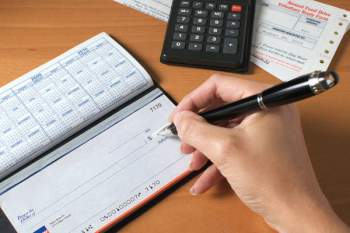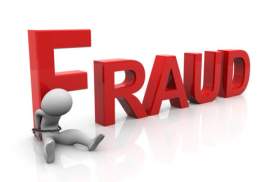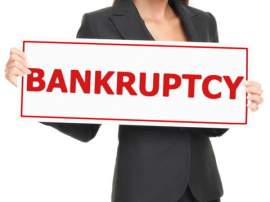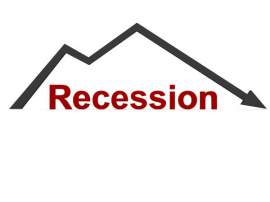
Simple List of the Types of Bankruptcy

There are a number of different types of bankruptcy, each of which is used in different circumstances and situations. Chapter 7 bankruptcy and Chapter 13 bankruptcy are used to resolve personal debt.
When an individual files for Chapter 7 bankruptcy, his/her assets will be seized and liquidated to pay his/her creditors. Today, consumers are usually permitted to keep most of their personal belongings. Following this completion of this process, an individual's debts will be dissolved.
A Chapter 13 bankruptcy allows an individual to establish a suitable repayment plan. This repayment play will endure for a 3 to 5 year period. Following the expiration of this period, the remaining portion of his/her debt will be discharged.
A Chapter 11 bankruptcy is used to resolve corporate debt. It allows a business or organization to reorganize so that it may effectively repay its debts.
Chapter 12 bankruptcy is reserved for farmers and fishermen.



















